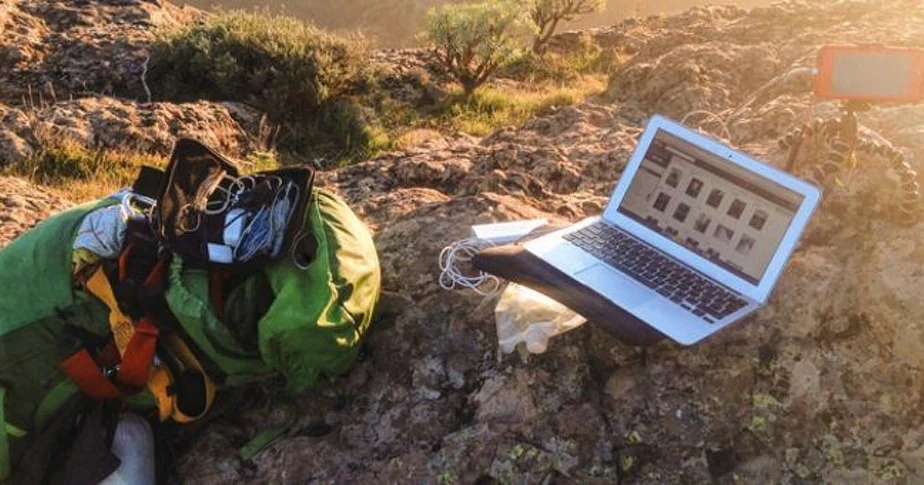Digital nomad life is exciting, adventurous, and full of new experiences. Modern-day travellers encounter various cultural differences as they travel between countries. Learning to navigate these differences is essential for digital nomads to thrive in their chosen lifestyle. The effective ways for digital nomads to prepare for cultural differences is to conduct thorough research before arriving at a new destination. This preparation can include:
- Learning about local customs and etiquette
- Studying basic phrases in the local language
- Familiarizing yourself with cultural taboos and sensitivities
- Researching local laws and regulations
By arming themselves with knowledge, digital nomads can avoid unintentional faux pas and show respect for the local culture from day one.
Embrace an open mindset
Adopting an open and flexible mindset is crucial for digital nomads facing cultural differences. This approach involves:
- Suspending judgment and avoiding comparisons to your home culture
- Being curious and willing to learn from new experiences
- Accepting that there may be multiple valid ways of doing things
- Recognizing that discomfort is a natural part of cultural adjustment
With an open mindset, digital nomads can turn potentially challenging situations into opportunities for personal growth and cultural understanding.
Develop cultural intelligence
Digital nomads can develop their CQ by:
- Observing and imitating local behaviours
- Practicing active listening and non-verbal communication
- Seeking out cultural mentors or local friends
- Reflecting on their experiences and adjusting their approach accordingly
As digital nomads enhance their cultural intelligence, they become more adept at navigating diverse environments and building meaningful connections with people from different backgrounds.
Create a support network
Building a support network can be invaluable for digital nomads dealing with cultural differences. This network may include:
- Other digital nomads who can offer advice and shared experiences
- Local expatriates who understand both the host culture and the challenges of living abroad
- Online communities and forums focused on digital nomad life
- Professional networks in your industry that span different cultures
A strong support network can provide emotional support, practical advice, and a sense of belonging as digital nomads navigate unfamiliar cultural landscapes.
Maintain a connection to your own culture
While immersing themselves in new cultures, digital nomads need to maintain a connection to their own cultural identity. This balance can be achieved by:
- Celebrating your cultural holidays and traditions
- Engaging in familiar activities or hobbies
- Sharing aspects of your culture with locals and other travellers
Maintaining this cultural anchor can provide a sense of stability and help digital nomads appreciate both their own culture and the new ones they encounter.
Leverage technology
Technology can be a powerful tool for digital nomads navigating cultural differences. Useful applications include:
- Language translation apps for real-time communication assistance
- Cultural etiquette guides and resources available on smartphones
- Virtual private networks (VPNs) to access familiar content and maintain online privacy
- Video calling platforms to stay connected with support networks
By leveraging technology, digital nomads can bridge cultural gaps and stay connected to their support systems while on the move.
Digital nomads have unparalleled opportunities for personal and professional growth. Nomads can transform potential challenges into enriching experiences by approaching cultural differences with curiosity, respect, and adaptability. A digital nomad’s journey is successful and fulfilling when using these strategies. As more professionals choose the digital nomad path, the skills developed in navigating cultural differences become invaluable assets. These experiences shape digital nomads into global citizens who can thrive in diverse environments and contribute to cross-cultural understanding in our increasingly connected world.





